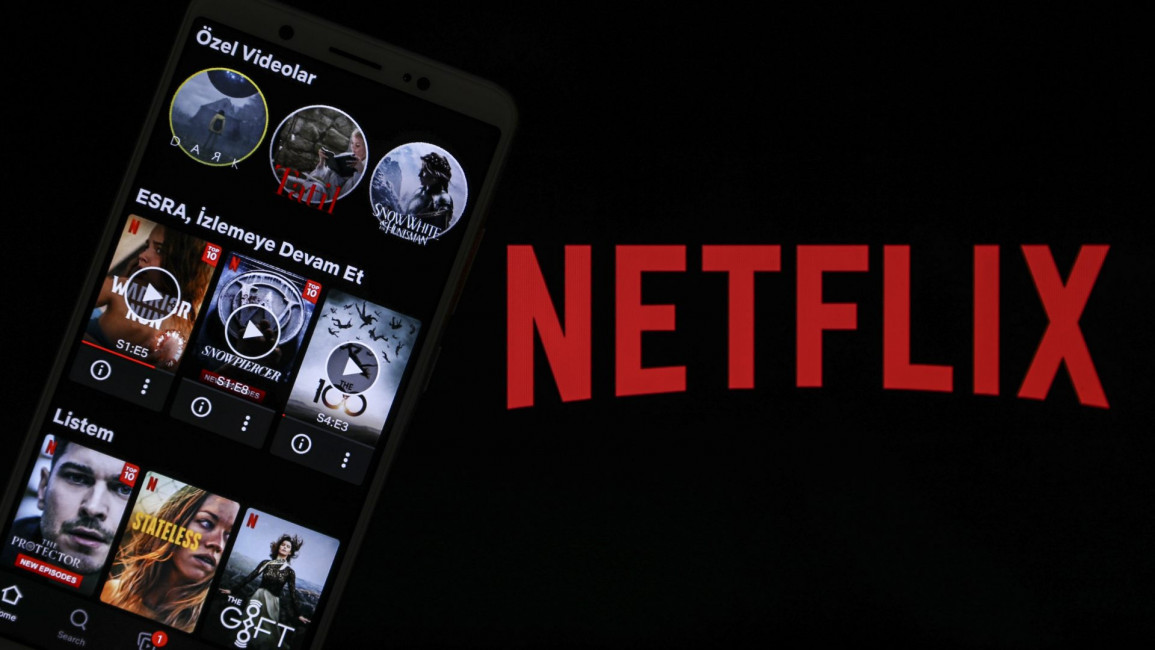Netflix casting Denzel Washington as Hannibal triggers debate over race in Tunisia
Netflix's new film about Tunisa's national treasure, Hannibal, is stirring a nationwide debate in the North African state due to concerns over "Afrocentrism" and historical accuracy.
The film "Hannibal," a major Netflix production that will narrate the life and conquests of the renowned Carthaginian general ( who lived between 247 BC and 183/181 BC), has yet to start filming.
Nevertheless, the announcement that prominent African-American actor Denzel Washington would play the Carthaginian general provoked a blowback in Tunisia over the idea that his skin colour was 'too dark' to portray the historical figure.
An online petition signed by 1,300 people has urged Netflix to "cancel its pseudo-documentary" and called on Tunisia's Ministry of Culture to "take action against the attempt to rewrite history".
"Hannibal was not black, just like Cleopatra the Egyptian was not black; it is nothing less than an "attempt to rewrite history" and a new episode of "cancel culture," wrote one Tunisian user in French on Facebook.
Earlier this year, Netflix cast Adele James, an actor of mixed heritage, as Cleopatra, prompting the Egyptian antiquities ministry to publish a statement declaring that the pharaonic leader had "white skin and Hellenistic characteristics".
Born in Carthage, near modern-day Tunis, Hannibal is considered one of history's greatest military leaders. His skin colour was not recorded as a matter of historical importance. Historians of the ancient Mediterranean world largely agree that he was of Phoenician descent, a region encompassing today's parts of Lebanon, Syria and Palestine.
'Turning Tunisia black'
Race debates have been heavily discussed in Tunisia since President Kais Saied's infamous, inflammatory speech.
In February, President Saied alleged, without evidence, that migrants were part of a broader campaign to make "majority-Arab" Tunisia "purely African."
"The presence of hordes of illegal immigrants from sub-Saharan Africa is part of a criminal enterprise aimed at changing the demographic composition of the country," Saied said on 21 February.
Saied's statement resonated with his allies and also some of his opponents, leading to a nationwide anti-black campaign and violent conflicts between Tunisians and Sub-Saharan migrants, and later on, mass deportation of black migrants to the desert borders and the death of dozens.
The recent presence of an increasing number of black African migrants has unveiled the persistent complex of 'anti-Africaness' in Tunisia and the Maghreb, a region that still struggles to discuss its slavery history and its complicated status as oppressed and oppressor in the continent.
Amid the absence of official data, black communities in the Maghreb region are estimated to represent more than 10 per cent of the population in Morocco, Algeria, and Tunisia. However, their presence in politics and the media is little to none.
Ziad Al-Rouine, a Tunsian activist against racism and a member of the anti-racism Mnemty NGO, sees the 'Africaness' complex in the region, namely Tunisia, as primarily prompted by a neglect of the African identity of the region.
"All successive policies and governments obliterated the dimension, identity, and African affiliation of Tunisia," Al-Rouine told the TNA.
The Tunisian constitution does not refer to the state as African.
Netflix's Hannibal, 'an opportunity for Tunisia'
The debate sparked on social media and some local media outlets also made its way to Tunisia's Parliament.
At the Assembly of the Representatives of the People (ARP), Yassine Mami, president of the tourism, culture, and services committee, questioned Minister Hayet Ketat Guermazi about the Netflix project.
"We have no information about the content. There is a risk of falsifying history," he said on Thursday, 30 November. "The ministry should take a position on the matter,"
But Tunisia's Minister of Culture, Hayet Ketat Guermazi, sees in the Netflix production an opportunity to encourage tourism in her country and make Tunis, once again, a screening hub.
"What matters to me is that they can shoot even just one sequence in Tunisia, and that will be mentioned," said the minister, answering the MP.
"We want Tunisia to become a platform for shooting foreign movies again," added Guermazi.
Neither Netflix nor Denzel Washington have yet addressed the controversy.


![President Pezeshkian has denounced Israel's attacks on Lebanon [Getty]](/sites/default/files/styles/image_684x385/public/2173482924.jpeg?h=a5f2f23a&itok=q3evVtko)



 Follow the Middle East's top stories in English at The New Arab on Google News
Follow the Middle East's top stories in English at The New Arab on Google News


